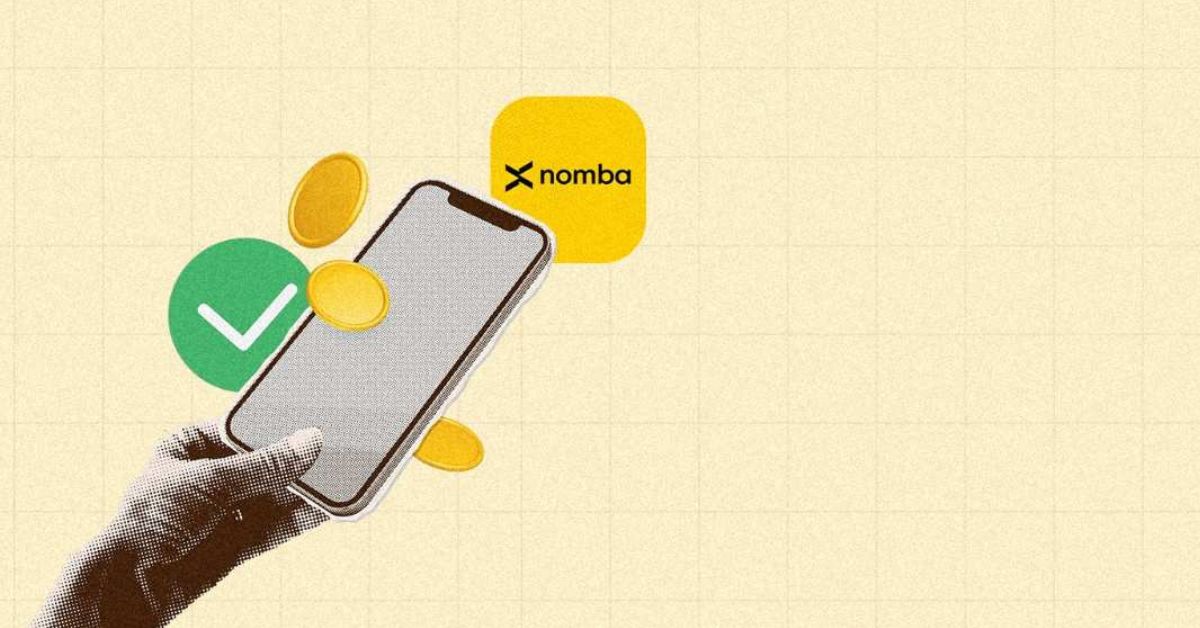Following the ban on crypto exchanges in several parts of Africa, cryptocurrency users on the continent have migrated to peer-to-peer platforms (P2P) for their on and off-ramp needs, remittances, and other transactions. This reliance on P2P platforms is what Scalex.Africa, a high-breed peer-to-peer crypto exchange was established to accelerate. Scalex provides blockchain-based solutions aimed at facilitating the secure and seamless adoption of cryptocurrencies in Africa.
Between July 2020 and June 2021, cryptocurrency adoption in Africa spiked by a whopping 1200% making the continent one of the fastest-growing cryptocurrency economies in the world, according to Chainalysis, a digital analytics firm. This surge in Africa’s digital asset market grew despite the heavy resistance that cryptocurrency has met due to draconian government regulations placed on the exchange in some countries on the continent.
“Young Africans are migrating heavily into the crypto space with tons of avenues to earn from such as; play to earn games like Splinterlands and Axie Infinity. We also have a growing creator space with NFT creators leading the pack as well as remote workers who are receiving payments in crypto”, Scalex co-founder, Emeka Nwosu said.
Being the second-largest peer-to-peer trader of Bitcoin globally, Nigerians who trade in crypto carry out these and related activities on multitudes of peer-to-peer platforms and communities that continue to spring up daily. These platforms have opened up the crypto space and its users to multiple risks causing some to end up in fraudulent transactions.
Scalex was originally built in 2020 to provide a more secure way for users to transact peer-to-peer on Telegram communities. In two years since its creation, it has evolved from a “chatbot” into a full web-based peer-to-peer exchange offering access to Bitcoin, Ethereum, and USDT while offering the flexibility to trade named tokens across Binance Smart Chain (Bep20) and Tron (Trc20) networks.
In addition to securing transactions, the platform eliminates bottlenecks experienced by users transacting on existing peer-to-peer platforms which were too complex and manual in their transaction mechanisms, thus improving user experience.
“Drawing from our experience in the space, we have created a first of its kind peer-to-peer exchange for Africans that makes it possible to swiftly and securely swap your earnings from crypto to fiat currencies and vice versa, Scalex is the first to introduce an automated infrastructure which eradicates the need to manually confirm peer-to-peer transactions. The crypto space is becoming increasingly cluttered and it is easy to get distracted. Our aim at Scalex is to roll out products that provide the most value for Africans. We recently partnered with FTX Africa to offer On and Off-Ramp solutions to their users and we intend to consolidate on this to drive more partnerships globally.” Nwosu added.
Since launching its private beta in May 2021 which went live for public use in September of the same year, Scalex has gained more than 5,000 users with over 24,000 transactions completed.
Scalex’s operations are angel investor and venture-funded, having recently accelerated from GreenHouse Capital, a leading tech accelerator in Africa. Scalex.Africa is keen on expanding its services across Africa, with markets in Sub-Saharan and East Africa in view while also deepening its product offerings to users, with a host of products currently in development.
The Scalex mobile application is set to launch this year with plans to cater to a growing audience.
The Scalex Africa team is made up of amazing talents with deep industry experiences spanning over 6 years in the blockchain ecosystem. Emeka has a major in economics with 7 years’ experience in the banking sector across e-business and sales in addition to an MBA from Lagos Business School alongside MBA classmate and co-founder Ngati who is an experienced sales and business development strategist with experiences from leading global brands Guinness and Vlisco. James majored in Fintech and Business Analytics and has previously co-founded two startups in the past; SabiFX and Fooodmarket. Joel and Niyi are computer scientists and software developers who make up the five-man team and are experienced in early-stage startups.



















